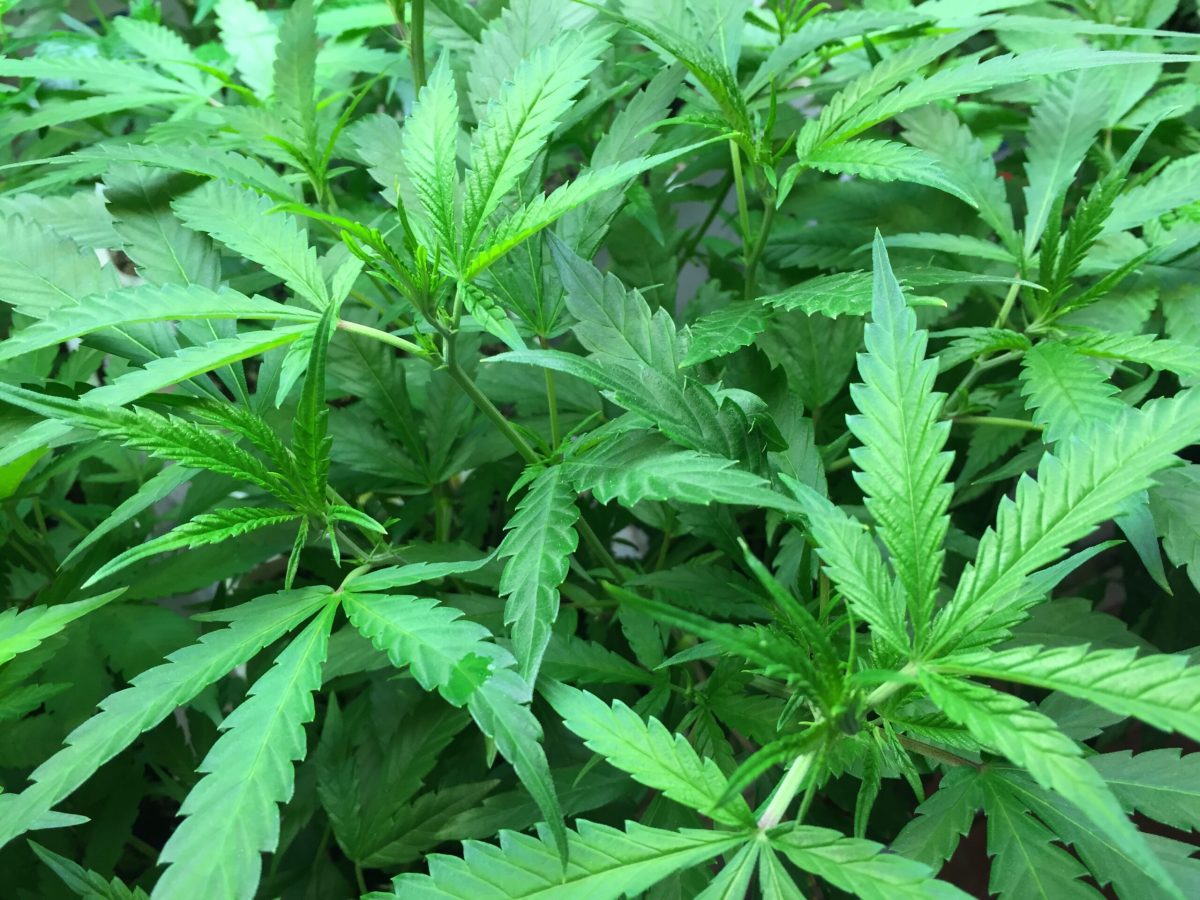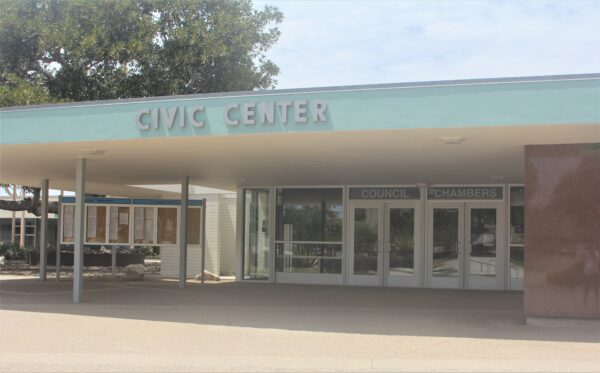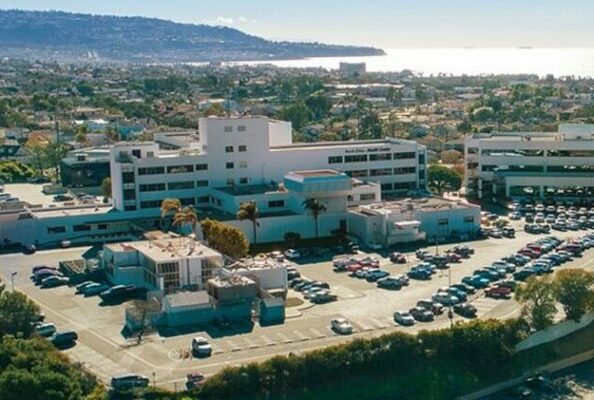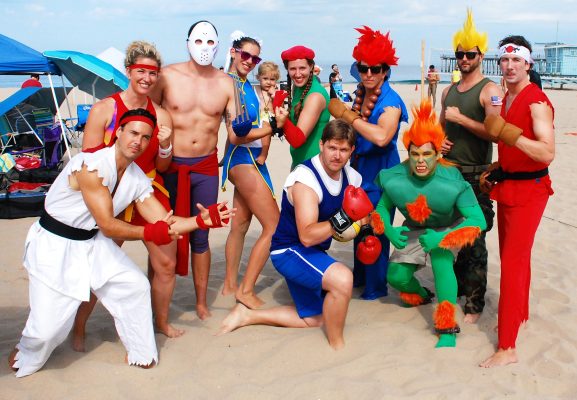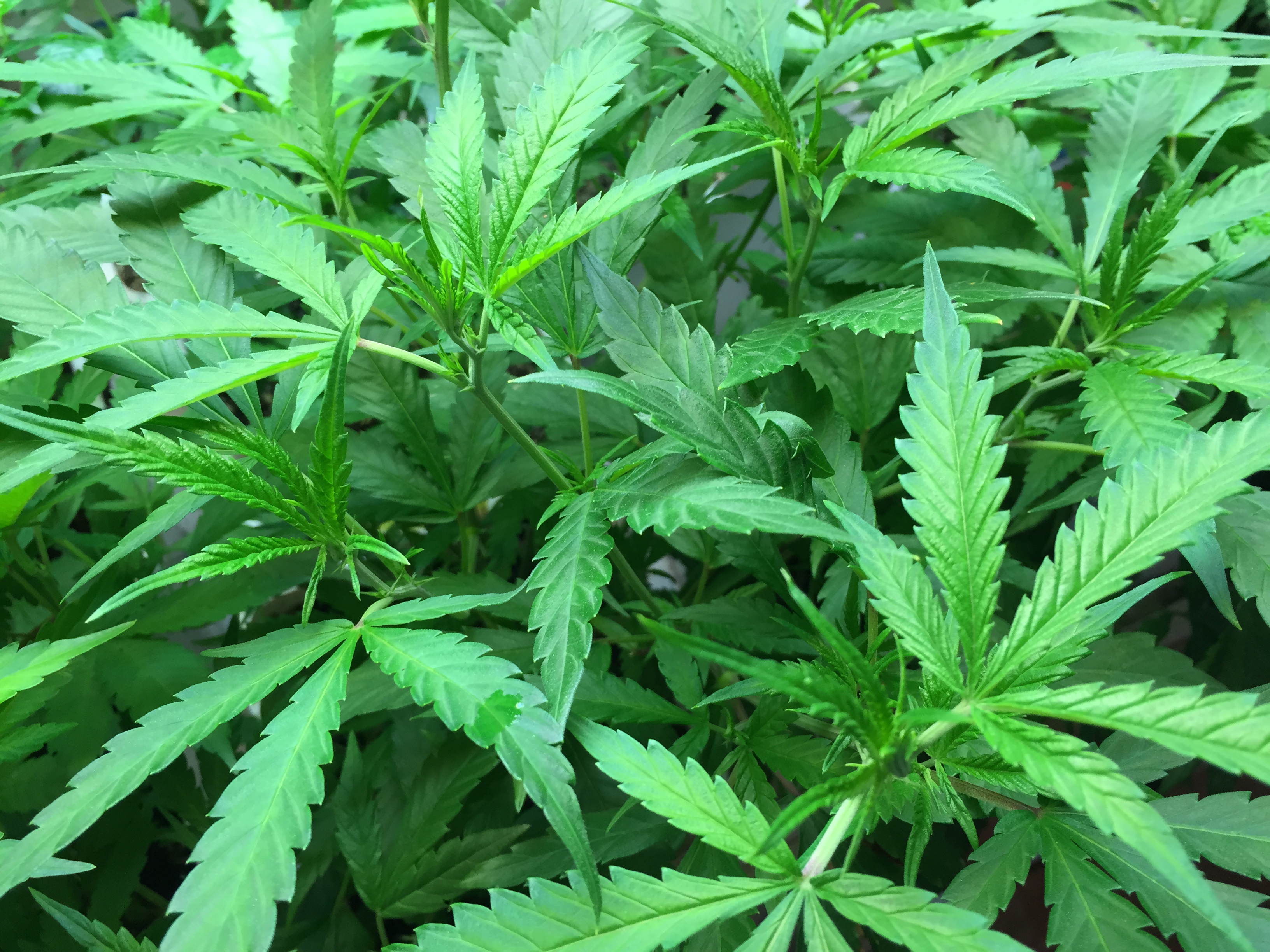
The future of recreational marijuana use in Redondo Beach is still hazy following a hearing by the Redondo Beach Planning Commission held, in what was surely a coincidence, on April 20.
The members of the Planning Commission elected to continue the public hearing to the next meeting, where they plan to hear a report from staff on decisions made by the Redondo Beach City Council regarding medical marijuana use.
“We need to bring up what was done by the Council [regarding medical marijuana],” said Commissioner Marc Mitchell. “Because a lot of things were discussed here that we shared with them, and it didn’t mean anything in the end because none of it was taken.”
The recreational use of marijuana was made legal in California late last year, when voters passed the Adult Use of Marijuana Act, otherwise known as Proposition 64, on Nov. 8.
That same night, the Redondo Beach City Council passed an urgency ordinance putting a hold on Prop. 64 entitlements. However, that ordinance expired on Dec. 23.
With that expired, the only restrictions on personal marijuana use effective in Redondo are set by Prop. 64, which sets limits on how much marijuana can be carried, obtained or given away, and restricts against consumption in public spaces and within 1,000 feet of schools. The City could set further reasonable restrictions, such as where personal marijuana growth can take place in a home, and limits on delivery.
But a precedent of sorts regarding commercial uses was set by the Council’s unanimous passage of an ordinance banning both medical marijuana growth and sales throughout the city in 2016.
Deputy City Attorney Jillian Michaels noted three options the Commission could recommend: an outright ban on commercial uses, including storefronts; allowing commercial recreational uses but deferring to state restrictions; or setting local regulations, including a potential sales tax. The latter two options would likely include zoning ordinances to determine where marijuana storefronts could be based.
But as Martins noted, collecting sales tax may put the City and Redondo Beach Police in an uncomfortable position with regards to federal law. Marijuana is still classified as a Schedule I controlled substance, alongside heroin, ecstasy and LSD. U.S. Attorney General Jeff Sessions has implied a strong stance against medical and recreational marijuana. Should the City seek to collect tax, it may jeopardize local federal funding or access to federal law enforcement resources.
“From a law enforcement perspective, we enforce the laws that are enacted,” said Redondo Police Chief Keith Kauffman. “But for us, this is a bad idea…we encourage the commission to think about how we have legalized massage parlors in the city and we cannot deal with that — the amount of complaints we have is just unbelievable.”
Kauffman noted that there is a correlation between exposure to marijuana and its use among teenagers, and that marijuana-related hospitalizations have skyrocketed in states that allow recreational consumption.
“I don’t know that Redondo Beach wants to be the leader in that for Torrance Memorial or Little Company of Mary,” Kauffman said.
Charlie Cangialosi, a Redondo resident and Director of Sales at Kiva Confections, noted that companies such as his can provide a significant boon to the area.
“I’m asking the City to implement practical regulations that will help benefit the community…one of my company’s largest storefronts does about $43 million a year in sales,” Cangialosi said.
Cangialosi also noted that manufacturers are adhering to strict state regulations for quality testing and communicating strength through packaging.
The issue is education.
“It’s about talking to parents about how they talk to children regarding these adult-use products,” Cangialosi said. “If you’re not talking, there’s no communication to parents, you can run into serious issues.”
The commission ended the night’s discussion without making concrete decisions, though they indicated interest in suggesting personal plant growth take place in enclosed structures, without permits for growth.
After the meeting, Cangialosi noted that Redondo Beach has the chance to be a regional leader.
“Currently, the Beach Cities are missing out…they have an opportunity to take advantage of a deficit in the marketplace,” Cangialosi said.
He also rolled his eyes at the cheekiness of holding a meeting discussing marijuana use on April 20, a day long associated as a marijuana holiday.
“It’d be as if they were discussing alcohol ordinances on St. Patrick’s Day,” he said.
The next meeting of the Redondo Beach Planning Commission is scheduled for May 18. ER

